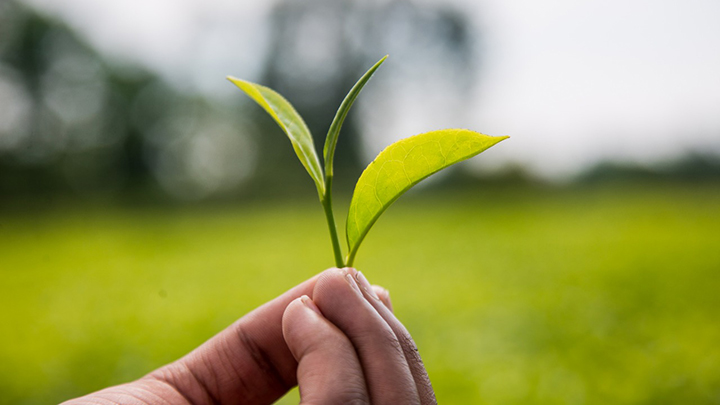Senators on Monday overwhelmingly voted to pass the Tea Bill 2018 giving a nod to the implementation of the proposed radical reforms in the troubled tea growing sector.
The passage by the Senate is expected to open the doors for better earnings for tea farmers in tea growing areas in the country as the bill seeks to address problems bedeviling the sector.
Among other things the Tea Bill aims to create a regulator, the Tea Board of Kenya, to rein in on key players in the tea value chain to ensure tea producers are the main beneficiaries.

Agriculture CS Peter Munya. PHOTO/COURTESY
Read More
The bill, once signed into law, will ensure tear farmers are paid their dues promptly for their tea produce delivered to KTDA factories.
This comes after a tumultuous two-year journey of engagement between the relevant Senate Committee and tea industry stakeholders over the drastic changes proposed in the key sector.
Among those who have lauded the passing of the Bill is Kericho Senator Aaron Cheruiyot, who foresaw better payment for tea farmers in the future.
Cheruiyot said, “This is a win for millions of Kenyans who depend on tea farming as a business.”
The Tea Board of Kenya which is set to be formed is expected to rid the lucrative tea sector of brokers and cartels said to reap more from the sweat of farmers during each production cycle.

KTDA Holdings CEO Lerionka Tiampati. PHOTO/COURTESY
Kenya Tea Development Authority (KTDA) and East African Tea Trade Association (EATTA) have been autonomously handling the tea production and sale chain without state interference.
The move by senators to adopt the bill is a big win for Agriculture CS Peter Munya whose push for reforms in the sector was met with strong resistance from KTDA top bosses and governors.
Senate adopted the Bill weeks after the National Assembly also passed it to pave way for the revival of Tea Board of Kenya and The Tea Research Foundation.
The bill now awaits President Uhuru Kenyatta’s signature to become law.








